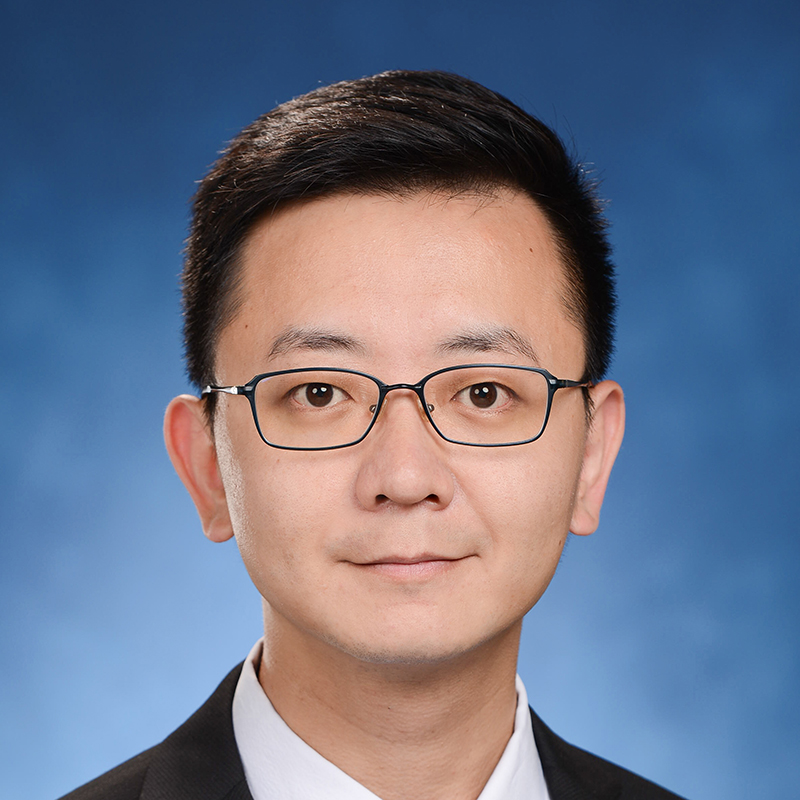
The speaker event was hosted by the International Students Organization.
By Faisal Al Saud
“We see what we want to see. We hear what we want to hear. Social media platforms have amplified biases and enabled us to shut all of the voices and positions that we do not agree with,” claims 2020 World Fellow Allen Fung.
On October 29, 2020, in a seminar hosted by the Yale International Students’ Organization (ISO), Mr. Fung assessed the significant effects of social media on political discourse within China and globally. Throughout his remarks, Mr. Fung presented a stark paradox of social media’s rise. Technological interconnectedness has been a democratizing force, but at the same time it has facilitated the rise of populism and fringe ideologies. At its best, social media provides all who can access it with a platform to espouse their ideas, theories, and claims. And at its worst, social media provides all who can access it with a platform to espouse their ideas, theories, and claims. This element of universal accessibility has been revolutionary. As Mr. Fung stated, “Content creation is no longer dominated by professionals and institutions. Everybody can be a content creator.”
Mr. Fung commented on the ubiquity of social media through the example of the Occupy Central with Love and Peace movement in Hong Kong during 2014. He commented on how this protest movement marked a turning point in political activism in Hong Kong. No longer did people have to rely upon traditional organizational modes to rally support and organize. Rather, protest organizers utilized social media platforms such as Fire Chat, Telegram, and Zello. Moreover, the protestors’ inherent mistrust of democratic opposition party leaders fueled the use of social media. The use of these platforms mitigated government surveillance and tracing while allowing for organizers to create truly city-wide demonstrations. This campaign lasted for 79 days, and it was ultimately unsuccessful in its goal of attaining universal suffrage. However, as Mr. Fung argues, the movement inspired a new age of socio-political activism in Hong Kong and internationally. Many of the same technological tactics were used during the 2019 Anti-Extradition Bill movement. When speaking about the influence of social media on politics more generally, Mr. Fung further claimed that “by empowering citizens, social media can help keep the government in check and it can also help heighten public awareness of political issues.”
While social networking has been a tool for democratic development, it cannot be disregarded that it has also contributed to the rise of extreme ideologies and hate speech. Mr. Fung believes that one of the main reasons for this reality is that “idiosyncratic and niche content can be generated and shared and may actually become mainstream.” He went on to say that controversial content tends to garner more user interactions through likes, comments, and shares. Due to this reality, content that is provocative can find its way into the realm of conventional discourse. Social media algorithms tend mostly to expose people to perspectives they have already shown interest in. In this way, social media does not always function as a digital marketplace of ideas. While, yes, diverse perspectives are available, people are not necessarily directly exposed to views that are contrary to their own. Mr. Fung elucidated that “already divisive societies have seen their divisions widen because of the heated encounters both online and offline.”
The use of media to stoke division is not unprecedented, however. Mr. Fung commented on the use of media by political leaders in the twentieth century, explaining that “charismatic leaders made use of the new mass media at the time to gain power. They employed fake news and hate speech to group like-minded people together. This is the process that turned populism to fascism.” Mr. Fung highlights a stark parallel between the role of media in exacerbating divisions in both the past and the present. The current ascendance of populism globally begs the question: what is to come next? And what should be done?
Mr. Fung said that while the future of social media is not preordained, if it remains in its current state, it will continue to further political divides. He emphasized that social media platforms have yet to create an effective way to keep user behavior in check. Preventing the spread of fake news and hate speech is especially difficult due to the potential infringement of free speech rights. Nevertheless, Mr. Fung calls on social media organizations to reimagine content moderation to reign in hate speech. He does not disregard the importance of free speech but maintains that we must find a balance between free speech and content regulation. Societies must find this equilibrium together through open engagement for the sake of democratic and social cohesion. Mr. Fung proposes that social media platforms should also reevaluate their algorithms to prevent the omnipresence of ideological echo chambers. Also, technologies that created deepfake can help us detecting deepfake also. With the correct mechanisms, we can detect, flag up, and moderate the effects of fake news, hate speech, and echo chambers.
Social media has a complex relationship with democracy. On the one hand, it has inspired burgeoning socio-political activism. On the other hand, it has led to the denigration of political discourse. Mr. Fung believes that the role of social media in politics will depend on whether societies can work together to agree on how social media platforms should be operating, and how individuals should behave on those platforms to protect productive political discourse and communication.
Faisal Al Saud is a first year in Berkeley College. You can contact him at faisal.alsaud@yale.edu.